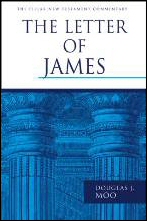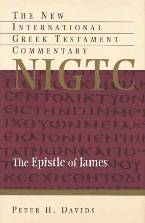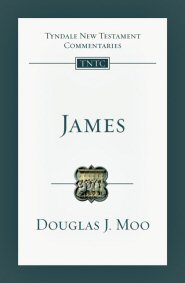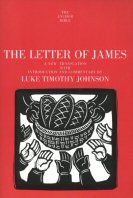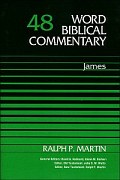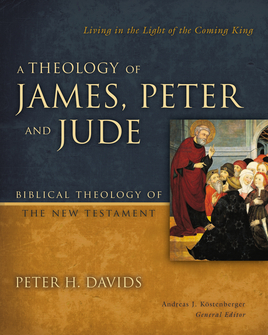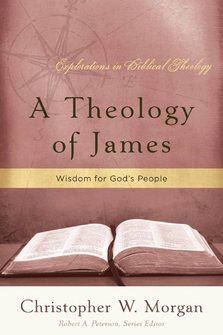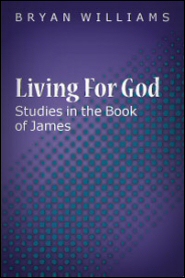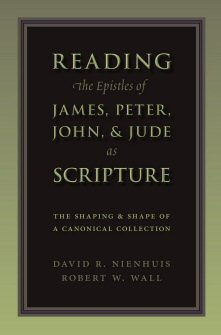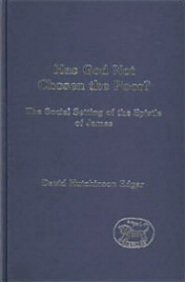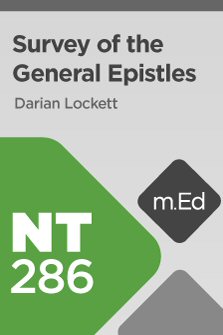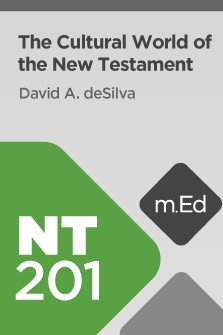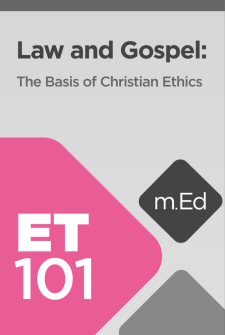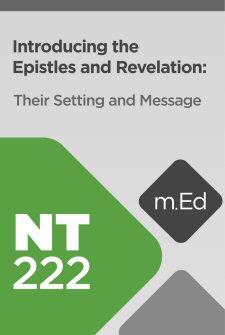James
The James Expository Preaching Kit (L) helps you plan an expositional sermon series by curating a trifecta of the best Bible study materials on James you need to prep and preach. It includes everything in James Expository Preaching Kit (S) and James Expository Preaching Kit (M), plus resources like The Letter of James (The New International Commentary on the New Testament | NICNT), James (Reformed Expository Commentary | REC), and Letters and Homilies for Hellenized Christians, Volume II: A Socio-Rhetorical Commentary on 1-2 Peter.
Small
Medium
Large
